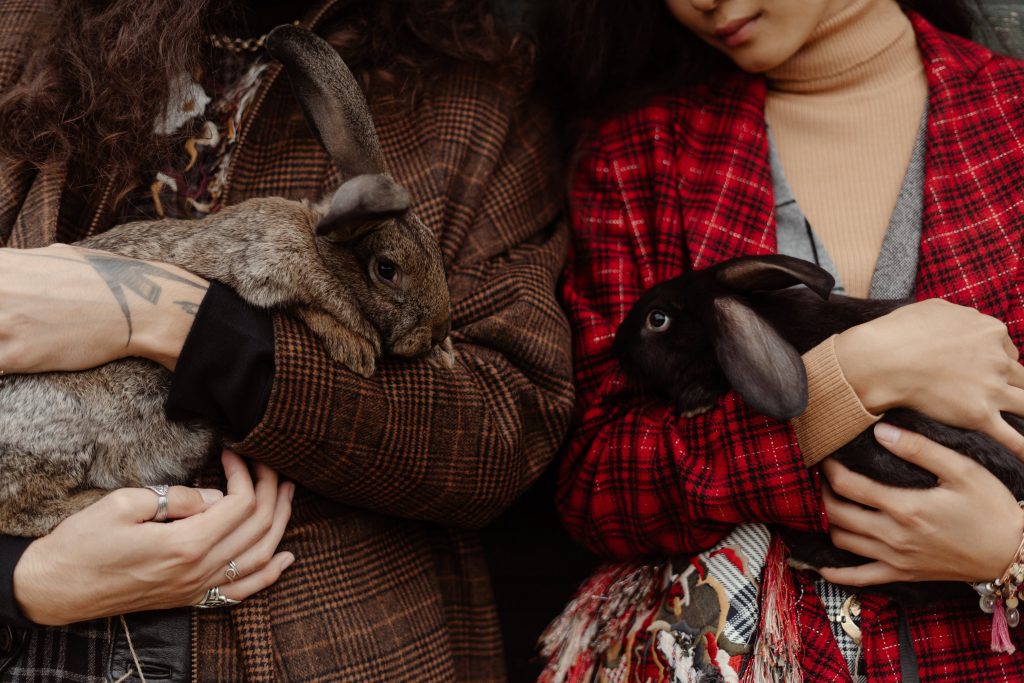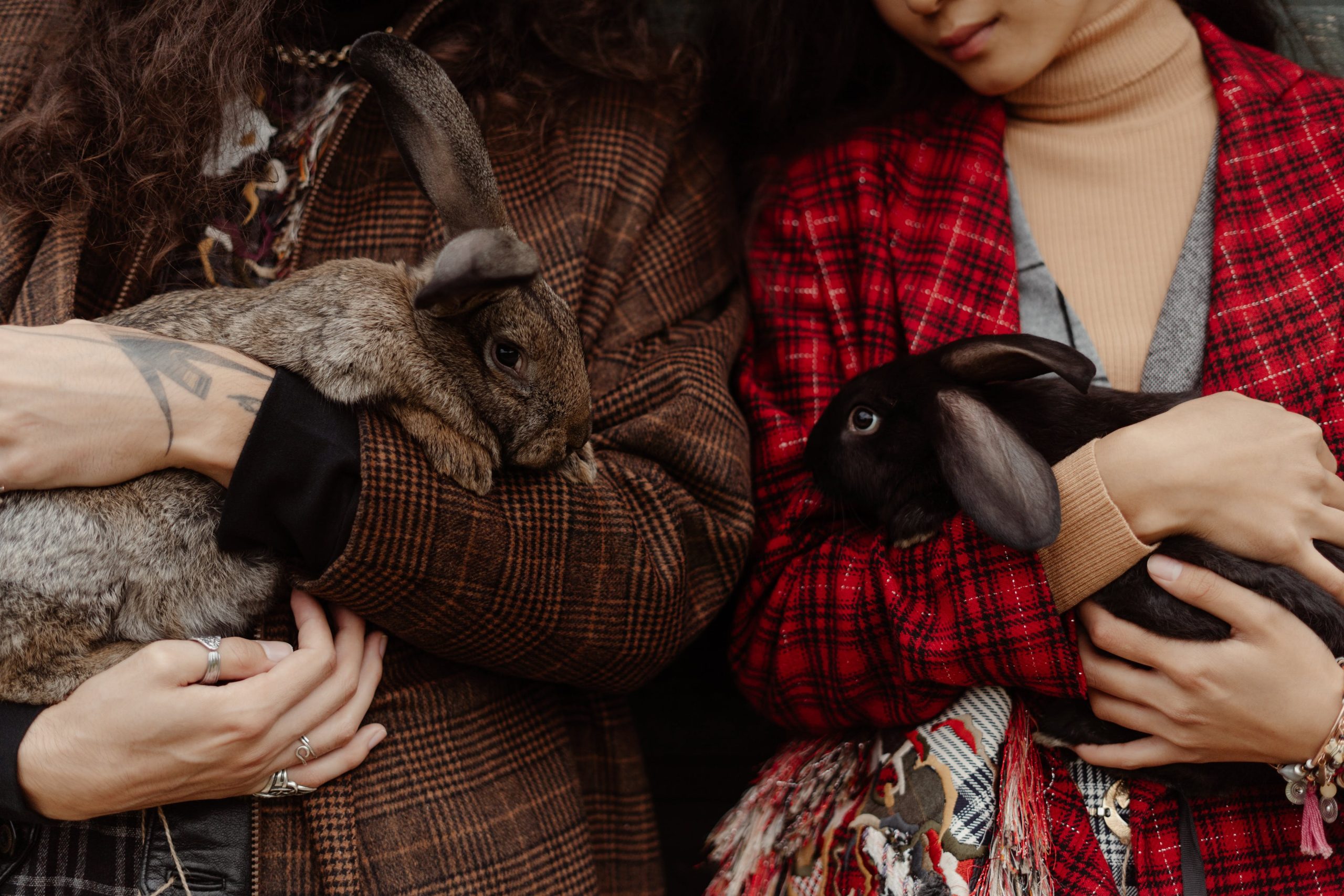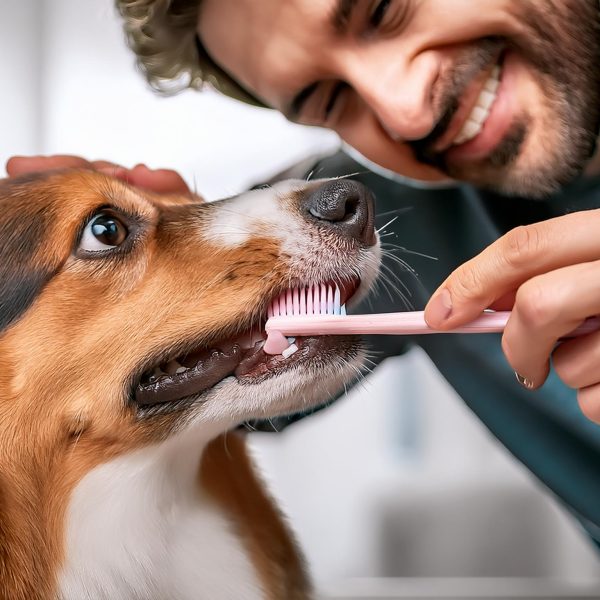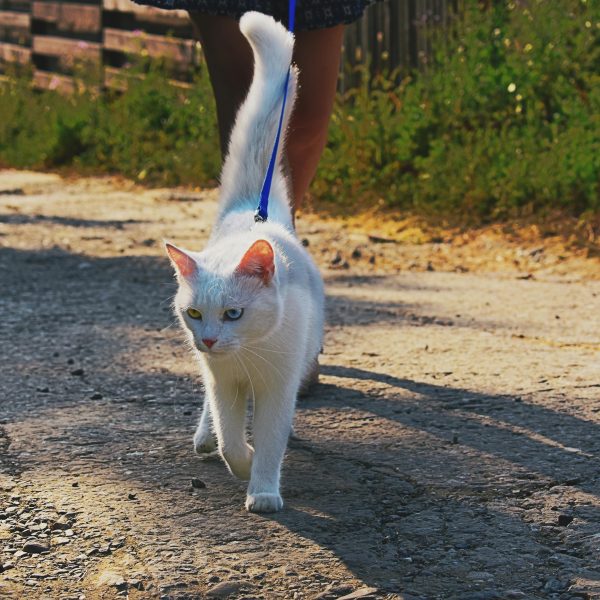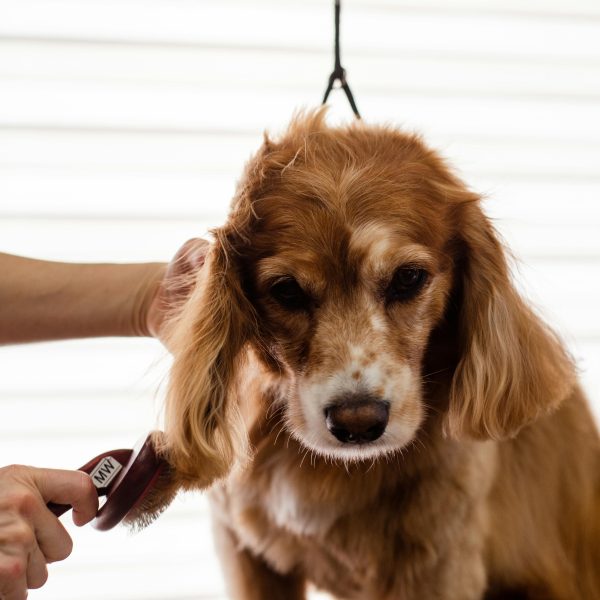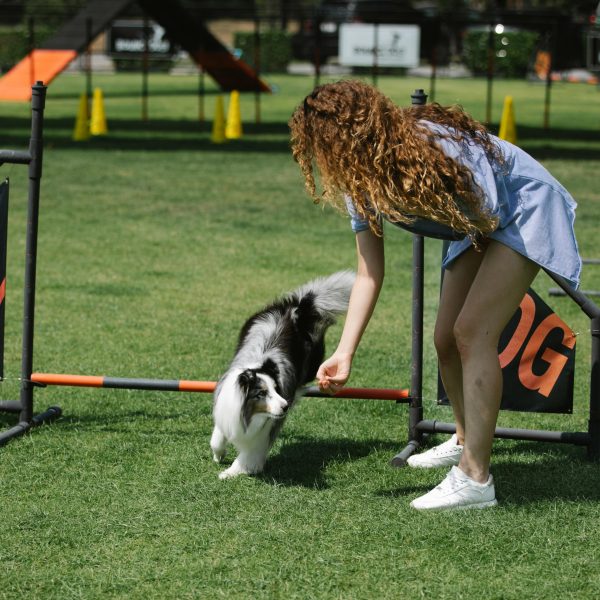Caring for pets, particularly rabbits and guinea pigs, involves more than just providing food and shelter. Grooming is a crucial aspect of their well-being and contributes to a strong bond between pets and their owners. In this article, we will explore essential grooming tips to ensure the health and happiness of these adorable furry companions.
1. Brushing and Combing
Regular brushing and combing are fundamental to maintaining the health of your pet’s fur, especially for breeds like Angora rabbits or Peruvian guinea pigs. Brushing prevents tangles, removes loose hair, and reduces the risk of hairballs, enhancing digestion. Soft bristle brushes work well for some breeds, while others may require specialized tools like slicker brushes or combs with wider teeth to prevent mats.
2. Bathing
While small pets generally keep themselves clean, occasional baths may become necessary. However, bathing should be approached with care to avoid removing essential oils from their fur and causing dryness. Use lukewarm water and a gentle pet shampoo, ensuring thorough rinsing to eliminate soap residue. Towel dry your pet gently, avoiding the use of a hairdryer, as the noise and heat can stress them. Limit bathing to every three months or as needed.
3. Nail Care
Trimming your pet’s nails is a crucial part of grooming, as long nails can cause discomfort and hinder their movement. Invest in high-quality animal nail clippers and familiarize yourself with their nail structure to prevent cutting into the quick. If unsure, seek guidance from a veterinarian or professional groomer. Be patient during the process and use treats as rewards for calm behavior.
4. Dental Hygiene
Dental care is often overlooked but essential for the overall health of small pets. Provide chew toys to naturally wear down their teeth and use a pet toothbrush and toothpaste for regular brushing sessions. Reward your pet to create a positive association with dental care.
5. Ear Cleaning
For pets with floppy ears, like lop-eared rabbits, regular ear cleaning is crucial to prevent ear problems. Use a cotton ball or soft cloth to remove dirt and wax, avoiding anything inside the ear canal. If signs of infection appear, consult your veterinarian promptly.
6. Parasite Prevention
Regular grooming provides an opportunity to check for parasites like fleas, ticks, and mites. Thoroughly inspect your pet’s fur, paying attention to vulnerable areas. Consult your veterinarian if an infestation is detected and consider using safe repellents to prevent future issues.
Responsible ownership involves dedicating time and attention to your pet’s grooming routine. From brushing and nail maintenance to dental care and parasite prevention, each aspect contributes to your pet’s overall well-being. Tailor your grooming routine to meet the specific requirements and preferences of your small pet, strengthening the special bond you share with your furry friend. Remember, a well-groomed pet is a happy and healthy companion.

